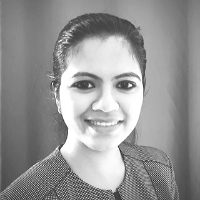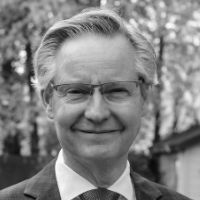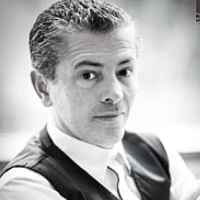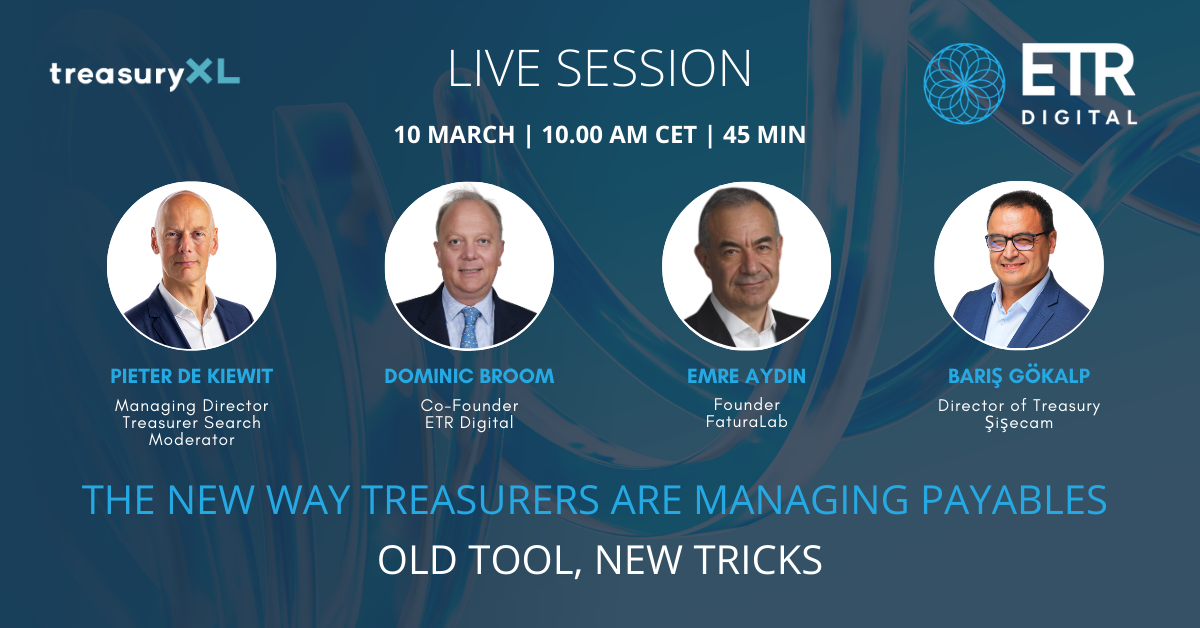28-07-2020 | Arnaud Béasse | treasuryXL
Welcome to the 10th and last (for now) interview of the ‘Meet the Expert’ series. This time we interviewed our brand new Expert Arnaud Béasse. Arnaud is founder of the advisory firm Arts+Brands and an expert in Debt Management. He started his career as Regional Financial Controller, cumulating the responsibility for IT.
Arnaud has more than 17 years experience in Banks focusing successively on Structured Asset Finance, Corporate Banking, DCM and in Multinational Corporates for their Energy and Metals trading and Project Finance. He created Arts+Brands to expand his entrepreneurial spirit by advising small ventures and start-ups (Fintech, Biotech, IT) for their Fund Raising and Finance strategy and also by getting involved in the daily operations.
Arnaud is fluent in English, German and French and is used to work in international, multi-cultural and virtual teams environments.

We asked him 11 questions, let’s go!
How did your treasury journey start?
During my first assignment as a regional financial controller, I have been immediately confronted to a complex consolidation of cash streams from different emerging countries with different currencies and regulations. Finding secure and systematic solutions has been challenging but also interesting and fun. This was the beginning of my treasury discovery, from which I moved then to asset finance, project finance, trade and export finance and later to the complete « corporates and markets » solutions offered by a large European bank.
What do you like about working in Treasury?
I find the central role played by treasury in supporting a business very motivating: it manages all financial resources a business needs to generate returns. Perfect understanding and anticipation of the needs (planning) and an accurate analysis of the resources available (controlling) are therefore essential. I also like the necessity of combining short term priorities like cash management and long term planning like investments.
What is your Treasury Expertise?
Capitalising on my long banking and large corporates experience, I have acquired a strong knowledge of all kind of debt solutions associated with credit, regulatory, compliance competencies. I have specialised in Debt Management, Fund Raising, Asset Finance, Leasing, Cash Flow Management, Trade and Export Finance and Project Finance. I am currently focusing on Sustainable Finance to support firms aligning their finance resources with their commitments towards the environment.
What’s the most important factor in debt management?
The starting point of debt management is a careful analysis and control of the cash flows. Borrowings need to align with the business cycle of the company and eventually its equity profile. Once the needs of each business line and the corresponding cash flow generation are consolidated, the adequate debt structure can be designed with a mix of junior to senior, short term to long term solutions and a calibrated interest rates structure.
What has been your best experience in your debt management career until today?
I remember a dramatic situation occurring during a local currency crisis in an emerging country, where we had arranged a large equipment finance. The debt repayment plan did not anymore match with the borrower’s cash flow generation and we were heading straight to a default situation. After long and numerous discussions, we managed to get transferred a large position on natural resources the company was owning but not operating and structured it in a way that the majority of risks were covered, the credit committees and respective boards were satisfied and ultimately the borrower managed to earn additional profit. I admit there is a part of luck in this experience but getting from this desperate situation to a point where all parties were so happy has been my most fulfilling experience so far!
What has been your biggest challenge in your career?
I consider the toughest challenges in a company are almost always linked to human resources management and termination of assignments. But if we remain within the treasury topic, my biggest challenge so far has been to accept a board decision not to conclude an M&A transaction, whereby all indicators (profit, risk, market position, further opportunities) were very favourable for the group and I had worked for more than one year on the case. Some months later, upon publication of the yearly results, it became clear why the project was rejected!
What is the most important lesson that you have learned as a treasurer?
Along the various experiences I had with treasury, the most important lesson might be to always seek the most simple and straight forward option. There are many ways of hedging a currency position, improving the average interest rate of a pool of debt facilities, leverage the value of an asset, optimise the return of positive cash position. But the risk and time associated to it can rapidly be disproportionate to the purpose and the size of the original transaction. Treasury shall normally create value, not necessarily profit!
How have you seen the role of Corporate Treasury evolve over the years?
Obviously, the role of Corporate Treasurer has become more and more complex. Treasury needs to deal with an increasing availability of alternative financial products, intensifying risk management requirements, regulatory and compliance constraints. But at the same time, the emergence of digital treasury platforms and integrated cash management systems are making the steering of treasury much easier and more accurate.
The coronavirus is undoubtedly an unprecedented crisis. In general, can you elaborate on the impact this virus has on treasury from your perspective?
Treasury is between a rock and a hard place: as a consequence of the crisis, sales are dropping and cash flows are missing but the financial obligations (debt, salaries, rents, supply, …) remain and the access (if not the availability) of financial resources become difficult. For treasurers who had a prudent cash flow management with enough resources to bridge the gap, it has been a confirmation for their risk management strategy. For others with more lean structure, it is, in the best case, a very stressing moment trying to find last minute and costly (not only in terms of interest rates) funding solutions. Some businesses, which have bet on a very tight business model, will probably be restructured. The crisis will certainly lead corporates to adopt more careful models with sufficient reserves and flexible organisations but also postponed or reduced investments.
What developments do you expect in corporate treasury in the near and further future?
The main trend is definitively the further digitisation of the treasury functions, offering more reliable, more secure and faster execution of the transactions: payments, cash management, trading, trade and export instruments, guarantees, etc. As the execution of transactions will be more and more automated and integrated in the supply chain systems, treasurers will shift their focus on analysing and planning for the financial resources in order to formulate strategies.
Another interesting trend for the treasurer is the further development of the non-banking debt market. This shall broaden the borrowers’ horizon, balancing again the bargaining power in favour of the corporates and generating even more tailor-made/OTC debt solutions.
What is your best advice for businesses without a Treasurer?
Running a business without a treasurer can only be considered for small businesses. For standard operations, managing the daily needs with modern digital tools will always become easier, even if substantial support shall be required during the implementation of a system. Once the system is running, the daily treasury tasks can be integrated in the accounting and finance agenda.
However, as soon as operations get more complex (investment, take-over, international development, restructuring…), the support of a specialist remains essential, be it for a limited period of time like part-time or ad interim…

Does your business need support in Treasury or a Treasury QuickScan?























